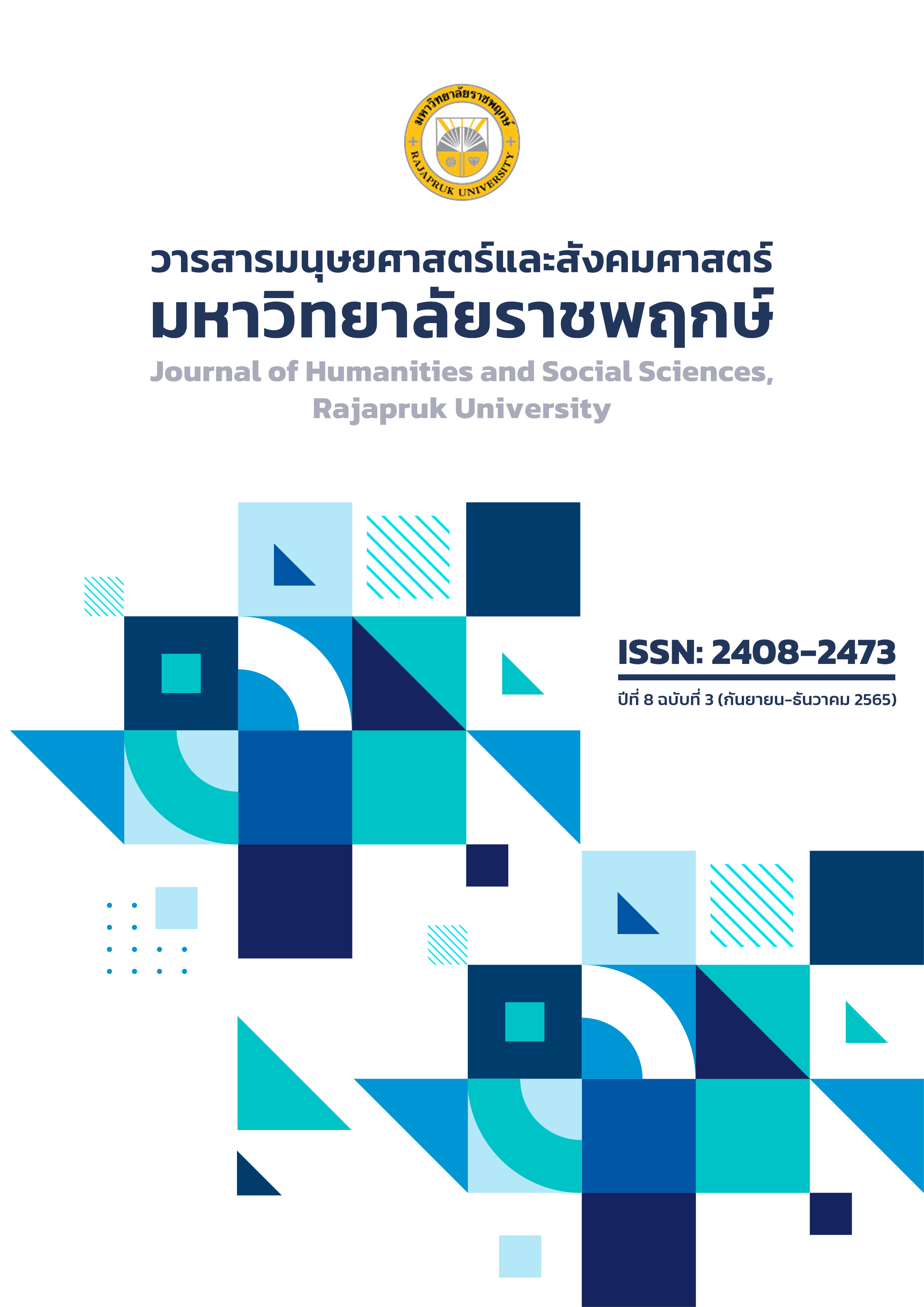Management Guidelines for Private Early Childhood Learning Centers towards at the Standards of The Ministry of Social Development and Human Security
Main Article Content
Abstract
The purposes of this research were to study the components of management and develop guidelines for the management of private early childhood education learning centers in order to reach the National Childhood Center Standards, Ministry of Social Development and Human Security. This research employs a qualitative research methodology by documentary research, in-depth interviews, and brainstorming sessions. The respondents were representatives of private early childhood learning centers at Received the National Quality Assessment Award 2017 for 10 people. By using a selective approach to centers with the context of private early childhood learning centers with children aged from birth to 6 years. The results of the study on the components of the management of private early childhood education learning centers revealed that the management was in accordance with the guidelines of the private early childhood learning centers. Qualifications of early childhood care and development requirements, early childhood education learning centers are in a suitable environment, there is a good level of cleaning, drills are practiced, fire and accident prevention plans are available, and they are involved with related external departments. Guidelines for the management of early childhood education learning centers should adopt the POSDCoRB principle in management and the self-assessment manual should be used to assess private early childhood learning centers in the analysis of the assessment results. Themselves in order to use the results as a guideline for improvement to meet the criteria of the learning center more effectively.
Article Details
References
กรมกิจการเด็กและเยาวชน กระทรวงพัฒนาสังคมและความมั่นคงของมนุษย์. (2561). รายงานการพัฒนาเด็กและเยาวชน ประจำปี 2560. กรุงเทพฯ : กระทรวงการพัฒนาสังคมและความมั่นคงของมนุษย์.
นงลักษณ์ เรือนทอง. (2550). รูปแบบการบริหารโรงเรียนทีมีประสิทธิผล. ดุษฎีนิพนธ์ ปรัชญาดุษฎีบัณฑิต. นครปฐม: มหาวิทยาลัยศิลปากร.
นริสานันท์ เดชสุระ. (2552). รูปแบบการบริหารโรงเรียนสาธิตปฐมวัยมหาวิทยาลัยราชภัฏ. ดุษฎีนิพนธ์ ศึกษาศาสตรดุษฎีบัณฑิต สาขาวิชาการบริหารการศึกษา มหาวิทยาลัยศิลปากร.
นิเวศน์ อุดมรัตน์. (2554). รูปแบบการบริหารจัดการเพื่อยกระดับคุณภาพสถานศึกษาของสำนักงานเขตพื้นที่การศึกษานครราชสีมา เขต 2. วารสารราชพฤกษ์, 8(3) กุมภาพันธ์-พฤษภาคม 2554: 23-29.
เพ็ชรรัตน์ ฮีมินกูล. (2554). มาตรวัดการจัดการความรู้. มหาวิทยาลัยศิลปากร: ม.ป.ท.
ภัธรภร ปุยสุวรรณ นพดล เจนอักษร และ ปิลัญ ปฏิพิมพาคม. (2557). แนวทางการมีส่วนร่วมในการบริหารจัดการสถานศึกษาของสมาคมผู้ปกครองและครูที่เหมาะสมกับสังคมไทย. วารสารสุทธิปรทัศน์, 28(87): 345-367.
สำนักงานส่งเสริมสวัสดิภาพและพิทักษ์เด็ก เยาวชน ผู้ด้อยโอกาส และผู้สูงอายุ. กระทรวงการพัฒนาสังคมและความมั่นคงของมนุษย์. (2555). มาตรฐานศูนย์เด็กเล็กแห่งชาติ: คู่มือการดำเนินงานตามมาตรฐาน. กรุงเทพฯ: ชุมนุมสหกรณ์การเกษตรแห่งประเทศไทย.
Wellington Samkange, (2013). Management and Administration in Education: A focus on primary school heads in one district in Zimbabwe. International J. Soc. Sci. & Education, ISSN: 2223-4934 E and 2227-393X Print 635Vol.3 Issue 3


